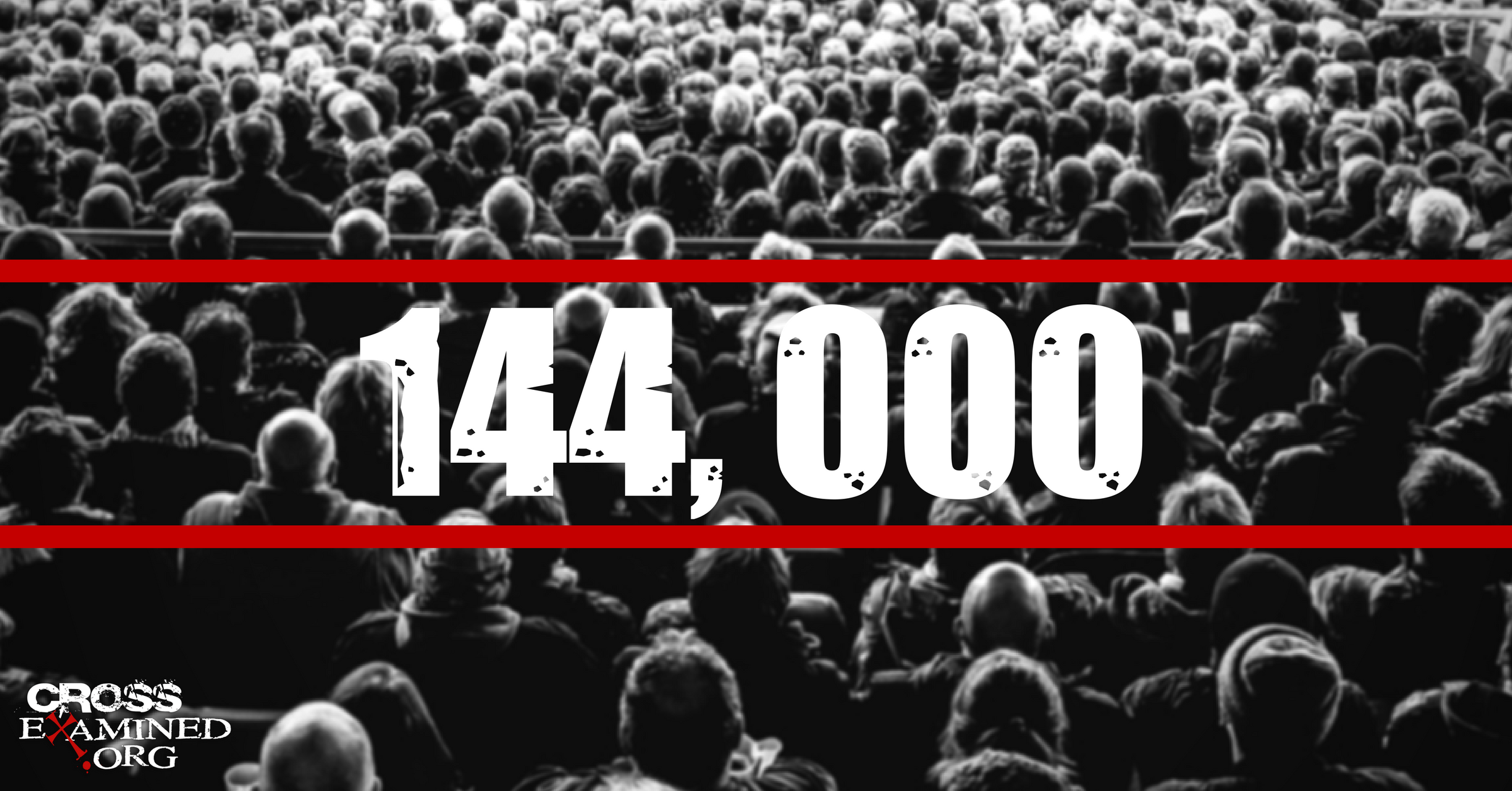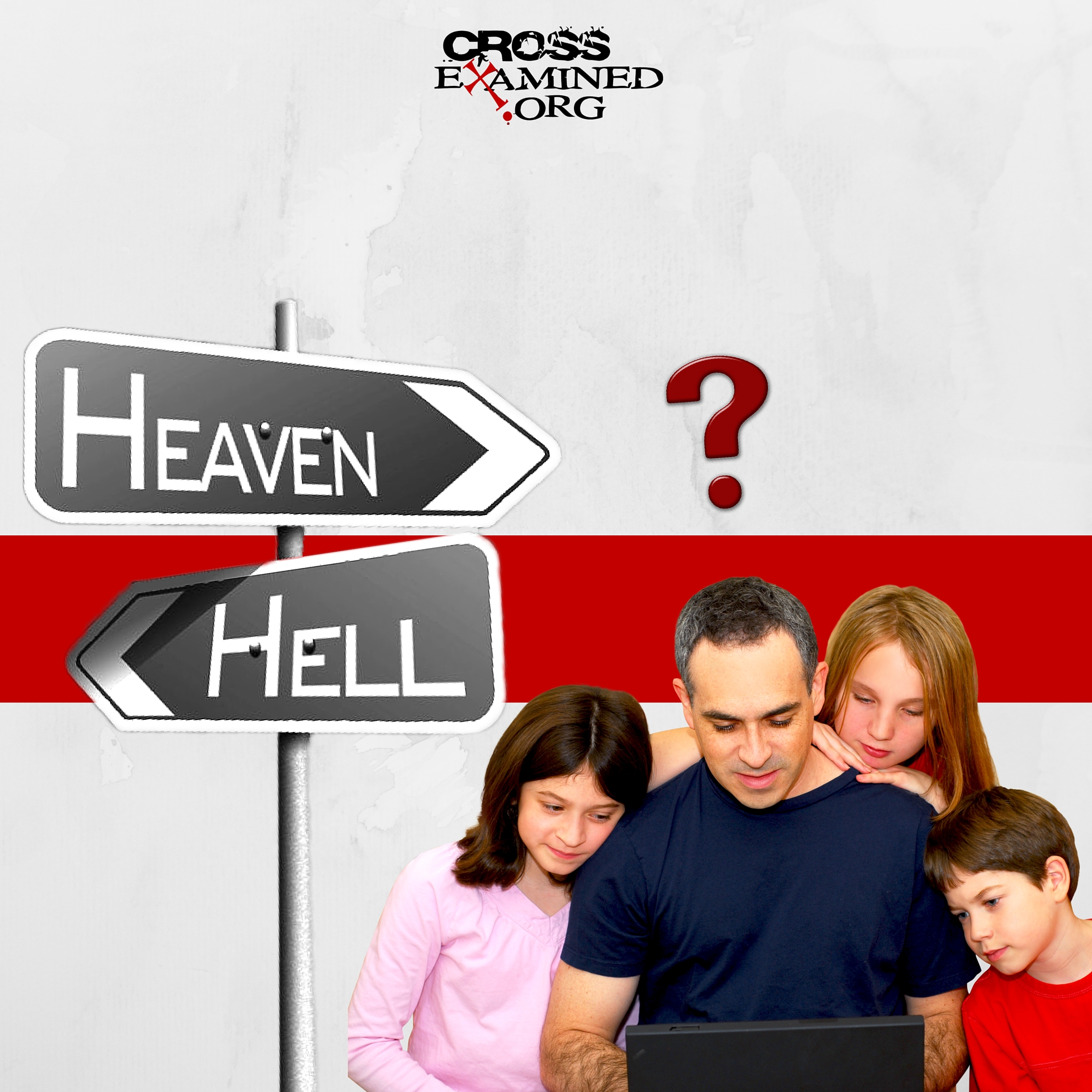“Avast yer jabberin, ya bunch a bilge rats!”
The voice sounded strange as it reached into the hallway. The speaker was apparently trying to make a point. “Yer division a booty must be… “he paused to consider his words, “more equitable if ye be wanting to sail with me.”
He had my attention. I was at a work conference in a hotel, wandering the halls during a break when I happened across this conference room. I peeked inside. It could have been a scene from the latest Pirates movie. Men of various ages with lots of facial hair, many dressed in striped pants, with the occasional peg leg and hook hand. Yes, I had stumbled across a pirates’ convention, the 350th annual, it seemed, from the schedule which I found posted outside.
The speaker’s topic was ethics. He went on to explain what an equitable share of booty amounted to, in his view, using a very modern looking PowerPoint presentation to punctuate his points.
I caught up with him at the break and asked if he had time for a few questions. He seemed a bit suspicious, what with my business casual attire, but nonetheless willing.
“Seriously,” I began. “Ethics for pirates? I mean, for centuries you guys have been boarding and capturing and enslaving people without much regard for ethics. You’ve been known to rape, pillage, and plunder, and your personal hygiene is … not the best.” I quickly ended, seeing that I was crossing a line.
A hurt look crossed his face. “Yer words be stingin,” he began, but my words were nothing compared to his breath. I took a step back and tried not to stare at the parrot on his shoulder. “I don’t suppose ye know bout all the good that we do. Why ar ann’l ball raises thousands for the widows n’orphns fund, and we do lots of behind the scenes work ye never be aware of. Last year alone, we returned almost 30 percent of our captured booty to charitable organizations.”
“Is that a fact?” I asked. “I had no idea. But,” I persisted, “this is stuff that you’re stealing.”
“We make no excuses for that, m’lad. But we’ve been pretty transparent about that from the beginning, ain’t we? After all, ye had no trouble spotting us for who we are. If ye want the real thievin’ ones, it’s the bankers and lawyers ye want to be houndin…” He pointed down the hall to the lawyers’ convention I had been attending.
Yes, of course, I’m making this up. But I think there is a valid point here to be made. Human beings have an amazing capacity to judge themselves on a curve. Pirates no doubt convince themselves that they are somehow justified in doing what they do. They may think of the harm they suffered when younger or may feel that life dealt them the hand that they play. And they no doubt have a set of ethics that they follow, however uncivilized it may seem to us. And many, if pressed, would seek to justify their behavior by reference to all the things they don’t do. “Sure, we kill on occasion. But only those who don’t surrender, or those who for whatever reason need killing.” This is the human condition, whether in a high school, at the office, on a pirate ship, or in a prison. We don’t seem to have the capacity to see ourselves for what we truly are.
What does any of this have to do with Christian apologetics? Just this: the number one response of nonbelievers as to why they don’t worry about the afterlife goes something like this. “I don’t know if there is a God, but if there is, he will see all the good that I do and accept me. So, I’m not worried. A good God will see that I am living a good life.”
But holding this view is not that different than the pirates in the analogy above. Compared to others of that ilk, an individual pirate might seem like a good guy. But that hardly would qualify him for life in a peaceful and civilized society. His problem isn’t how he compares to his fellows, but how he measures up to the place he’s trying to get to. He may think himself “good” when in an objective sense he is anything but. Similarly, many people today believe they have a proper sense of what “good” human behavior is, but how can they know for sure when they are mired in the corruption of their nature? And more importantly, have they given any thought to what “perfect” behavior requires? What a perfect being might use to measure admission to His realm?
It’s easy for us to pat ourselves on the back for our goodness. But perhaps we are a bit too smug. Our persistent feelings of guilt serve as a guide – a reminder – that all is not well. They serve to call us to account to the One who left us here, and who expects something of us if we are to be in a relationship with Him. These feelings of guilt provide the backdrop of bad news, the kind of news from which we naturally shy away. The kind of bad news that sets the stage for the ultimate Good News of the gospel.
So, next time you encounter this response, you might suggest that the nonbeliever consider his frame of reference. Immersed in a sinful culture, inhabiting flesh and blood bodies whose weakness overcomes the willingness of the spirit, we may be as unable to see ourselves for what we truly are as the fictional pirates above would be. In short, we may not be in the best position to know if we are as “good” as we pretend.
Fortunately, there is a better answer, one that does not require us to earn our way back to God’s presence. But until we see our need for a Savior, we’re not likely to find the answer that is waiting to set us free.
Original Blog Source: http://bit.ly/2IQpnDE





